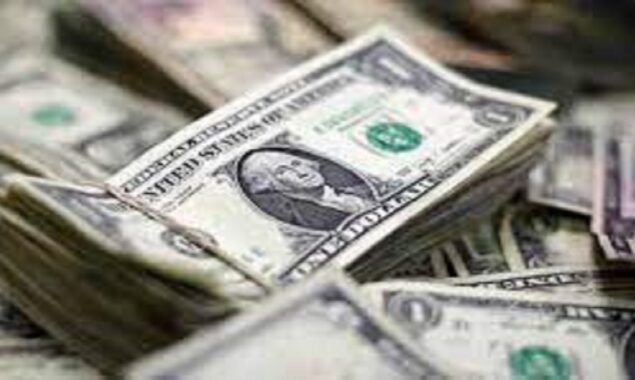Synopsis
KARACHI: Commercial banks have raised the interest rate on new borrowing for the cash-strapped government, citing a high demand for funds to satisfy budgetary expenditures and political instability preventing rulers from making difficult decisions.

Bond yields continue to increase
KARACHI: Commercial banks have raised the interest rate on new borrowing for the cash-strapped government, citing a high demand for funds to satisfy budgetary expenditures and political instability preventing rulers from making difficult decisions.
Though the Ministry of Finance chose to borrow 11 percent less than the target, the cut-off yields on three and five-year Pakistan Investment Bonds (PIBs) jumped by 70 basis points (bps) and 24 bps, respectively.
According to local research houses using central bank data, it borrowed Rs89 billion through a bond auction on Wednesday, compared to a target of Rs100 billion.
If the ministry had upped the planned amount of Rs100 billion or more, the cut-off yields would have gone even higher. Commercial banks’ bids for 10- and 15-year PIBs, on the other hand, were supposedly rejected by the government because they wanted much higher returns than expected.
“The government accepted the amount up to the cutoff yields, which were near and around the targets… the rest it rejected,” Tahir Abbas, Head of Research at Arif Habib Limited (AHL), explained.
According to the auction data, commercial banks bid a total of Rs614 billion against a target of Rs100 billion. However, Abbas said that the increase in cut-off yields was not significant, and that borrowing was close to the target.
Following the central bank’s raising of the key policy rate by 150 basis points to an 11-year high of 13.75 percent on Monday, it was the first auction of government debt instruments. Long-term (three to 30-year) PIBs had lower cut-off yields than short-term (three to 12-month) treasury bills.
The auction indicates that the cycle of upward revisions in the State Bank’s policy rate has reached a nadir, and the financial market expects the rate to fall in the long run.
The government’s finance needs are increasing, according to Ismail Iqbal Securities’ Head of Research Fahad Iqbal, who noted the other day that the government has opted to keep giving end-consumers subsidies on petroleum products and electricity. Subsidies are paid by the government at a rate of roughly Rs100 billion every month.
The research director of PakKuwait Investment Co forecasted a substantial budget deficit of Rs3 trillion in the current fiscal year’s fourth quarter (April-June).
He noted that the fiscal deficit was previously recorded at Rs2.58 trillion for the first nine months of FY22. The administration appears to be waiting for the country’s political situation to normalise before attempting to correct fiscal imbalances by passing on an increase in international crude oil prices to end-consumers.
However, in light of the mounting political uncertainty, Finance Minister Miftah Ismail has ruled out any hike in energy costs, at least for the time being. The spike in energy prices will set off a fresh cycle of inflation, pushing the rate up to 15% or higher in the coming months.
The government raised Rs24 billion by selling three-year PIBs to commercial banks at a 14 percent cut-off yield. The amount raised was Rs6 billion less than the aim of Rs30 billion, although the return was 70 basis points more than the previous auction on April 28.
At a cut-off yield of 13.19 percent, it borrowed additional Rs66 billion through five-year PIBs. The sum was Rs41 billion larger than the aim of Rs25 billion, with a yield of 24 basis points higher than the previous auction’s yield of 12.95 basis points.
For the 20-year and 30-year PIBs, the banks did not submit any bids. In the global market, the yields on Pakistan’s US dollar-denominated bonds (Eurobond and Sukuk) have risen to historic highs of 26-27 percent.
Similarly, the country’s risk of default, as measured by the credit default swap (CDS), has risen to 16 percent, up from the usual 3-4 percent.
Due to an increasing lack of foreign currency, which is needed to pay for imports and service foreign debt, yields and CDS have risen.
Read More News On
Catch all the Business News, Breaking News Event and Latest News Updates on The BOL News
Download The BOL News App to get the Daily News Update & Follow us on Google News.



